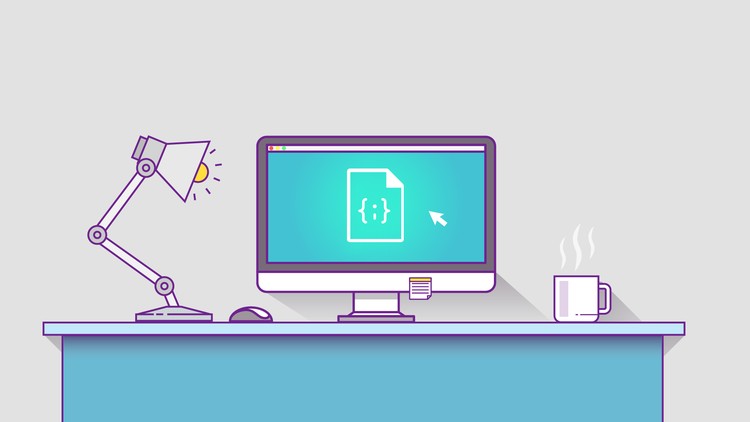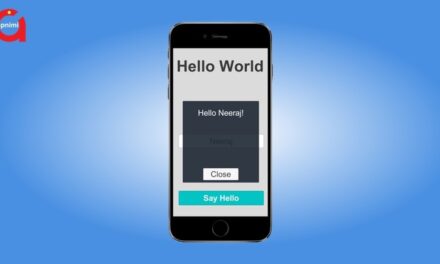Learn to program using the Java programming language
Summary
The “Learn to Program Using the Java Programming Language” course is designed to teach Java programming to beginners, requiring only basic computer fluency. The course offers a comprehensive introduction to Java, starting from fundamental concepts and progressing to more advanced topics.
Course Structure and Content
The course is divided into 8 sections, encompassing 73 lectures with a total duration of 16 hours and 8 minutes. Here’s an overview of the key components:
- Introduction and Installation
- Duration: 9:39
- Overview of the Java programming language and instructions for setting up the development environment.
- Fundamental Concepts
- What Java is and how it works (12:38)
- A guide to getting a job and further study in Java (18:59)
- Tips on maximizing the course benefits (9:25)
- Writing a simple “Hello World” program (4:46)
- Basic Programming Constructs
- Variables (7:53)
- Strings and text manipulation (9:21)
- Control structures including while loops (7:15), for loops (9:28), if statements (12:26), and switch cases (6:52)
- User input handling (8:52)
- Various loop structures such as do…while (8:05)
- Data Structures and OOP Concepts
- Arrays (9:46), arrays of strings (8:39), and multi-dimensional arrays (13:06)
- Classes and objects (11:44), methods (11:05), getters and setters (10:31), method parameters (15:00), and constructors (10:18)
- Static and final keywords (19:46), string builder and formatting (19:43), and the toString method (11:06)
- Inheritance (14:09), packages (14:03), interfaces (19:15), and access modifiers (public, private, protected) (19:57)
- Polymorphism (10:04), encapsulation and API documentation (11:17)
- Advanced Object-Oriented Programming
- Casting numerical values (11:16), upcasting and downcasting (13:54), using generics (12:40), and generics with wildcards (17:50)
- Anonymous classes (8:56), handling files using Scanner (12:55), and exception handling including multiple and runtime vs. checked exceptions (37:23 combined)
- Abstract classes (12:58) and reading files with FileReader and try-with-resources (28:38 combined)
- Further File Operations and Advanced Techniques
- Creating and writing text files (6:20), the equals method (17:21), inner classes (16:33), enum types (19:20), and recursion (17:26)
- Serialization and related topics (52:13 combined), passing by value (21:30), and ArrayList and LinkedList structures (23:54 combined)
- Collections Framework
- HashMap (9:57), sorted maps (12:02), sets (15:54), using custom objects in sets and maps (11:20), sorting lists (21:29), and natural ordering (19:35)
- Queues (18:17), using iterators (9:25), implementing iterable (18:55), and deciding which collection to use (14:24)
- Complex data structures (21:52)
- Practical Tips and Job Preparation
- Eclipse shortcuts (13:12), job search strategies, personal stories, and extended advice on finding work (30:30)
- Ten tips for improving coding skills (5:48), debugging in Eclipse (15:36), lambda expressions (31:55)
- A basic Java programming knowledge test (0:33) and access to source code (0:03)
- Bonus content on learning advanced Java
Who This Course Is For
The course is intended for anyone interested in learning Java, from complete beginners to those with some basic knowledge of computers. It aims to provide a solid foundation in Java programming, preparing students for further study or job opportunities in the field.
Learning Outcomes
By the end of the course, students will have learned:
- Core Java programming concepts and syntax
- Object-oriented programming principles
- Practical skills in handling data structures and file operations
- Advanced Java features and best practices
- Strategies for job hunting and improving coding proficiency
This structured approach ensures that learners not only understand the theoretical aspects of Java but also gain practical skills that are essential for real-world applications.
What You’ll Learn
Learn to program in Java
Requirements
Description
Learn to program in the Java programming language. This course assumes no prior programming knowledge, just a desire to learn to program.
Who this course is for
Anyone who wants to learn Java










